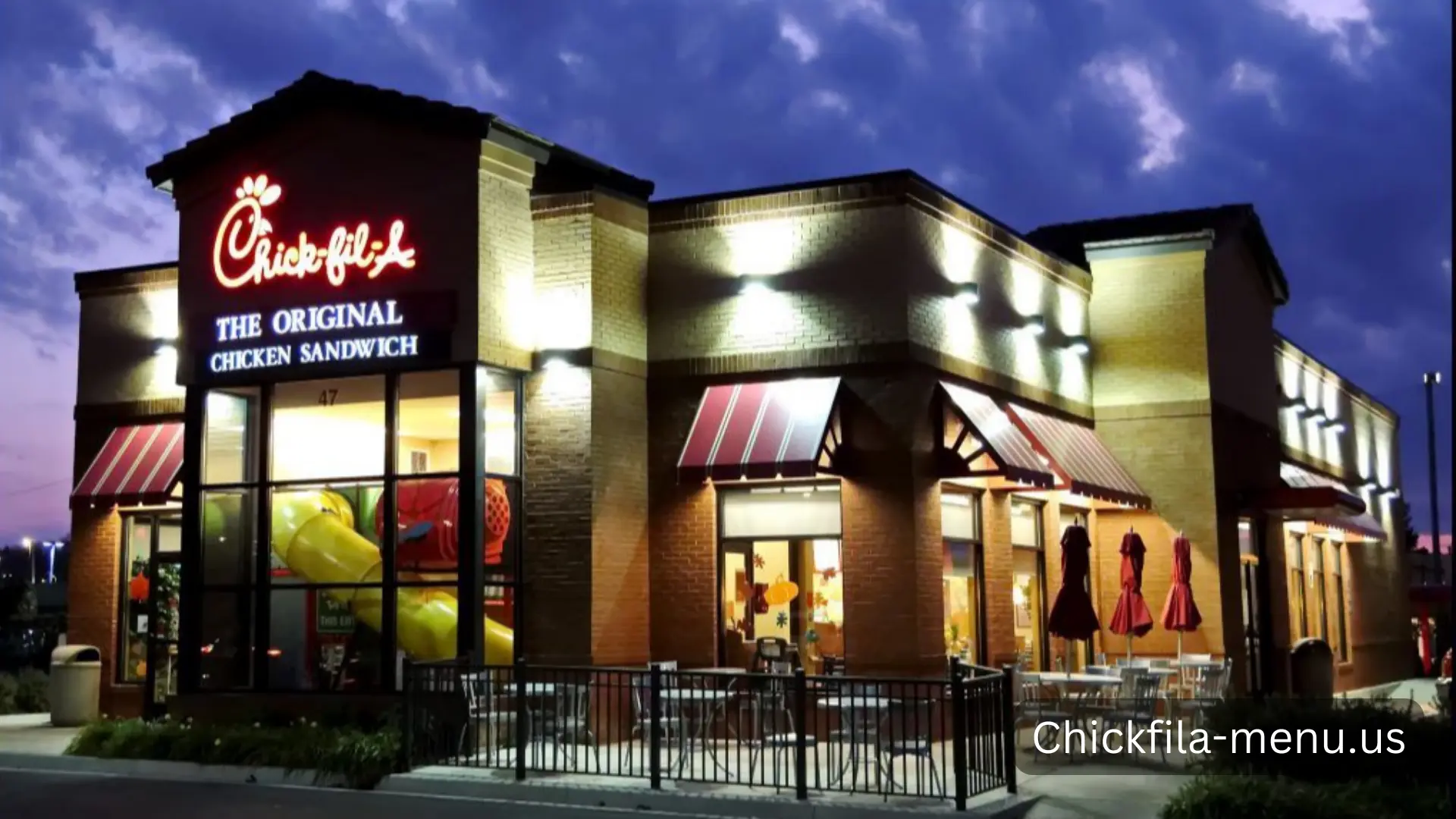History of Chick-Fil-A: The Untold Rise!
These days it is easy to take Chick-fil-A supremacy for granted. But when I first ran across the brand during a college road trip through Georgia, I was won over by the simplicity of their classic chicken sandwich, not hype. Few people realize the genesis of Chick-fil-A began in a Dwarf Grill restaurant where S. Truett Cathy began in 1946. This wasn’t the fast food we know today.
This was a get-your-hands-dirty outfit that would become a franchise behemoth someday. Cathy’s innovation in the ’60s to deliver the pressure-fried chicken sandwich wasn’t so much kitchen R&D, it was responding to a hunger for quick quality food without compromise.
When people speak of the history of Chick-fil-A, they gloss over those humble beginnings. But if it weren’t for those early experiments at the grill and a determination to believe the chicken could compete with the hamburger, we wouldn’t be talking today about a company bringing in more than $21 billion a year in revenue.
Shopping Malls, Smiles and Southernhospitality
I remember seeing Chick-fil-A in food courts when I was a kid. That was their game in the ’80s and ’90s, peak mall placement. It wasn’t just foot traffic; it was being in a location where families spend quality time with each other.
While the malls vanished, Chick-fil-A adjusted with standalone stores, drive-thrus, and even double-lane express designs that left me agog the first time I used one in rush hour traffic. They weren’t playing catch-up, they led the pack.
There have been so many such sharp turns in the life of Chick-fil-A. While other fast food restaurants emulated the era and went big on service with a customer service employee culture so courteous as to be the epitome of a joke, in a world where volume and expedience reign supreme, Chick-fil-A proved principles and integrity could overcome gimmickry.
Fanatical or Faith-Based? Decide Yourself
You can’t mention Chick-fil-A without its Christian heritage. Closed during Sundays, inspirational books placed beside the cash registers, and a CEO who equated business and biblical principles forthrightly. Inspirational to some, yes, repellent to others, but it’s their DNA. I’ve spoken with operators who report their restaurants feel more ministry than business. To many staff, the philosophy actually means respect and the chance to climb up the career ladder.
But the twist? Chick-fil-A managed to foster a fanatically loyal customer base while being unabashedly Christian. Their business model wasn’t so much to sell food—it was to sell the experience rooted in heritage, and this is what we don’t usually expect out of our hyper-commercial world.
A Digital Feathershift: Chicken and Algorithm
This is where the interesting part is. When Chick-fil-A began venturing into this business of app-based rewards and mobile orders, I thought they’d be playing catch-up. However, they built a digital platform generating the majority of their business in today’s times. In a trial program I followed, over 70 percent of orders at the peak hour arrived through the app.
The interesting thing is that even fast food chains are looking at the way people act online and adopting techniques content creators use to make the experience more seamless, such as eliminating distractions. According to studies, 65% of consumers want more streamlined and simpler interfaces when they order food or watch content, which is why so many brands are taking cues from creators who tailor for a better YouTube experience. Chick-fil-A got ahead of the hunger and made their technology easy to use.
Their social media is, if not edgy, masterclass subtlety. They don’t need to be viral—they just need to occupy the digital landscape steadily and firmly reiterate people already knowing about the brand.
When Headlines Strike Hard: Controversy Knows No Bounds
I’ll admit it: I blundered through the donation furor. When the news broke about Chick-fil-A funding groups with anti-LGBTQ reputations, the backlash was relentless. Boycotts and protests, media firestorm. And the paradox is this: business boomed. It’s one of the more uneasy facts in the history of Chick-fil-A.
Finally, the company altered its philanthropic policies, but the harm or the loyalty was already done, depending upon whom you asked. This was the rift in the customer base and the way a chicken sandwich could polarize. That is when Chick-fil-A became restaurant then cultural Rorschach test.
Tech, Taste, and Tomorrow!
Innovation doesn’t necessarily mean flashy. Grilled over fried, for example. Breakfast items actually tasting fresh rather than being microwaved and served up. I remember I ordered their Egg White Grill while out on business, a great choice considering the fast food context, and no easy feat to taste light and yet be satisfying. They are also piloting order-taking with AI and using biodegradable containers and bags, making small moves that add up big.
And behind the counter too, things are in motion. Increased use of robots in the kitchen and more web-based training programs. All part of the incremental, gradual evolution which keeps Chick-fil-A competitive but still rooted in its heritage.
Crossing the Border But Barely
The reality is, Chick-fil-A global expansion has been uneven at best. Canada was fairly successful, but expansion into the UK was met in the form of protests. The brand’s fiercely American personality, values, language, even the menu, does not always translate. And perhaps that is alright.
Chick-fil-A’s past has never entailed breakneck rates of growth but rather careful expansion. I would guess they delayed expanding overseas in order to maintain the brand’s initial popularity intact. Chick-fil-A doesn’t seem interested in being more than America’s home for chicken yet.
FAQs
Why is Chick-fil-A closed on Sundays?
It’s a tradition rooted in founder Truett Cathy’s Christian faith. The company believes Sundays are for rest and worship, which also gives employees a guaranteed day off.
What makes Chick-fil-A’s chicken different?
Their pressure-cooked method and proprietary seasoning give it a unique texture and flavor. They also hand-bread the chicken in-house, which isn’t common in fast food.
Has Chick-fil-A changed its stance on donations?
Yes. In recent years, the company shifted its giving strategy to focus on education, homelessness, and hunger, stepping away from controversial partnerships.

Johnathan Miller, a passionate food enthusiast and digital entrepreneur, is the creative force behind Chickfila-Menu.us. With a deep love for Chick-fil-A and its diverse offerings, Johnathan embarked on a mission to create a comprehensive online resource for fans and newcomers alike. His goal is to provide an accessible platform where users can explore the full Chick-fil-A menu, discover nutritional information, and stay updated on the latest additions and promotions.







